20+ Years Experience
Specialist Business Insolvency Company

Get in Touch Today to Speak to a Specialist Adviser
Getting a first Gazette notice can seem like a daunting experience, especially for first-time business owners. Unfortunately, these fears are well-founded.
Suppose you do not take action towards a first Gazette notice quickly.
In that case, it is possible to have your company stuck from the Companies House Register – meaning that it no longer legally exists, no matter how much effort it took to establish the company.
New business owners and inexperienced company directors may not even understand the implications of a first Gazette notice or know what a compulsory strike off actually is.
Thankfully, our licensed insolvency practitioner teams are here to help, providing support from the first Gazette notice to the solutions you put in place. We can also help companies understand what a compulsory strike-off means and how to avoid it.
A compulsory strike off is when Companies House forcibly dissolves a limited company.
This does not have to be an insolvent company or even a company that has outstanding debts. After a compulsory strike-off, the company will no longer legally exist, and all company accounts and assets will be gone.
This usually happens when a company refuses to comply with regulations in the Companies Act 2006. A compulsory strike off is not the only form of strike off – there is also the voluntary strike off – but it is the one that can cause the most damage.
The most common reasons behind a compulsory strike off include the following:
Companies House chase businesses that do not comply with the regulations and will assume that the business is no longer trading if they cannot get the payment or details they need.
Then, they issue a first Gazette notice for compulsory dissolution or strike off.
A first Gazette notice for compulsory dissolution is a public warning that a company will be struck from the record. This Gazette notice for compulsory strike-off is published in the public journal known as the Gazette, advertising the insolvency process and procedures.
There is a Gazette in Belfast, Edinburgh and London, with the first Gazette notice being published in one of them first, depending on where the company is located. Each notice for compulsory strike-off gives the company director three months to prepare.
A compulsory strike-off action starts with your bank accounts freezing, making trading impossible. This is typically initiated after customers and partners can withdraw their business.
Company creditors can challenge the notice for compulsory strike-off to recover your debts. When Companies House dissolves a business, its money and physical assets become the property of the crown unless a creditor takes legal action to petition for what they are owed.
If you want to retain any assets from your business, you must act quickly and submit an objection. If the objection is upheld, you can either continue trading to push your business back into good financial health or take the assets out of the business to use elsewhere.
All employees will be made redundant immediately after the company is dissolved. With no company, they cannot claim redundancy pay or other benefits usually expected of the statutory process. It is also usually impossible to claim director redundancy this way.
Anybody can object to dissolution. If nobody does, companies are given second Gazette notices, announcing that the business has been stuck off and no longer serves customers or can exist legally.
They are no longer a legal entity, and the company name is free for somebody else to register as their own.
If you are served a first Gazette notice, it is important to act before the second Gazette notice arrives. The time between these statutory notices is the best time to choose your next move.
Accept the notice if you are happy to close the business down after getting the first Gazette notices and stop trading. This may only fail if directors have their applications challenged by unpaid creditors or another interested party.
If you want your business to remain active and continue trading, you will need to apply to have the strike off cancelled via suspension application.
This usually means correcting whatever led to Companies House serving you the notice for compulsory strike-off, such as non-filing paperwork or refusing to register business premises.
This can also be important if you want to take the remaining company assets from the company itself. A suspension application is the best way to delay things and try to manage your company better or close it down on your terms.
If you owe money to a creditor, they can apply to oppose the strike off.
This could include organizations like HMRC approaching you for tax liabilities or smaller companies you owe money to.
Companies House will usually unsuspend your company in this event, meaning that you can’t avoid a disgruntled creditor through Companies House alone.
Finding out why your business was served a Gazette notice for compulsory strike off is important. You can attempt to get Companies House to reverse the decision, but you need to fix the reason for the company strike-off then.
You are in trouble if your customer is struck off the Companies House register and still owes you money. A dissolved company often has many creditors to pay.
Priority creditors like banks and HMRC will be paid first, usually taking most of the money. Unsecured creditors are next, with suppliers coming last. Since the company stops trading on the date of the notice, directors have to use whatever money they can to pay creditor companies.
Entrepreneurs cannot collect money if the company has none left. This means that the final tier of suppliers often writes off the losses as bad debt.
HMRC ensure that all companies pay their taxes before being dissolved. If a company is stuck off while still carrying debt, it can be reinstated only to pay off its full debts. The same company directors can technically open another company with the same name, but this process is long, hard, and expensive.
After liquidation, dissolved companies have their assets passed to the crown ‘bona vacantia’. Directors (along with an insolvency practitioner) must process and detail all assets, which are then sent to the crown. This happens after any debt collection process if the dissolution and liquidation are challenged.
Companies House have a lot of control over every company in the UK, and the process of being struck off can be scary.
However, it is an easy process to challenge, and Companies House will genuinely consider your request to reopen your limited company if you can give them a reason to.
Getting a licensed insolvency practitioner on board is the best approach to these problems. Our experts can offer all the skills and knowledge you need to get your company back on track.
Here are some other informative articles about business debt in the UK:

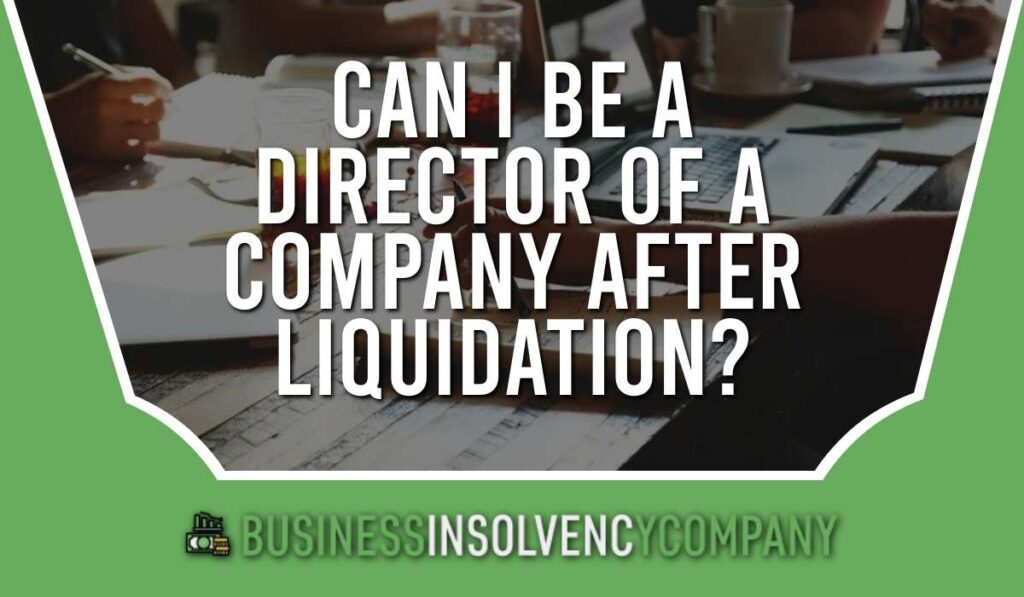


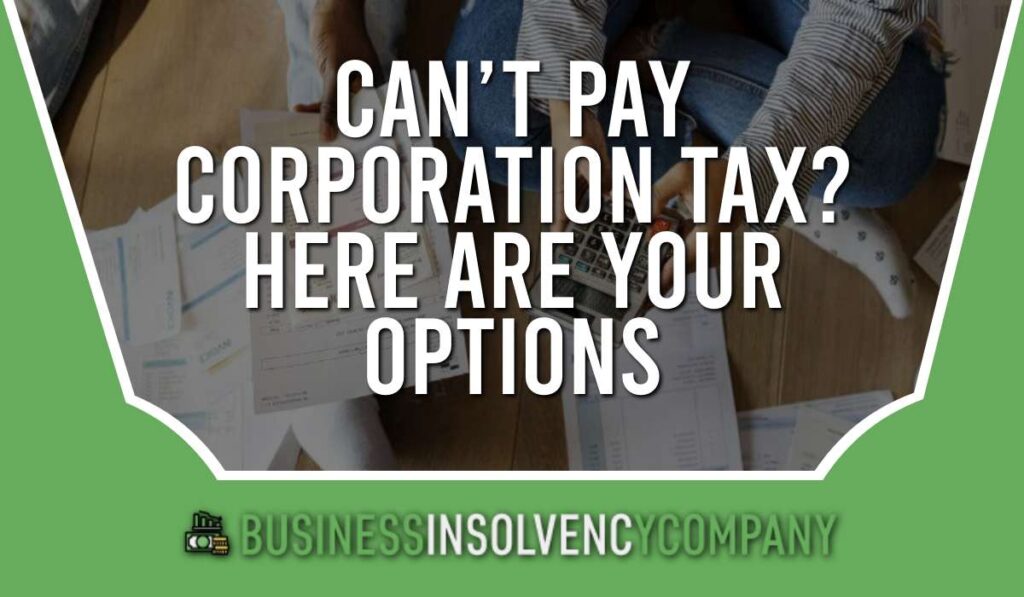

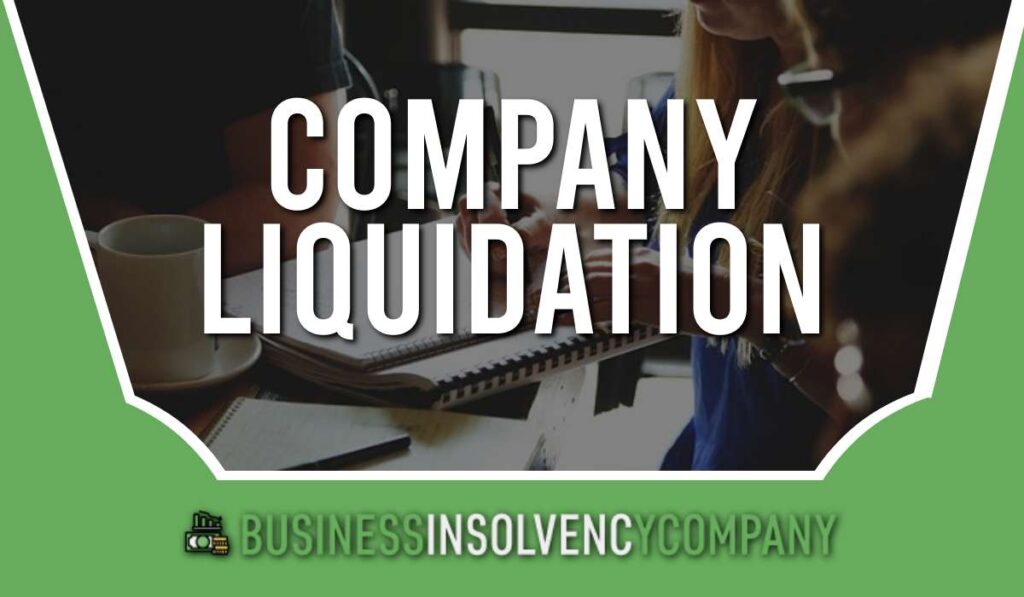
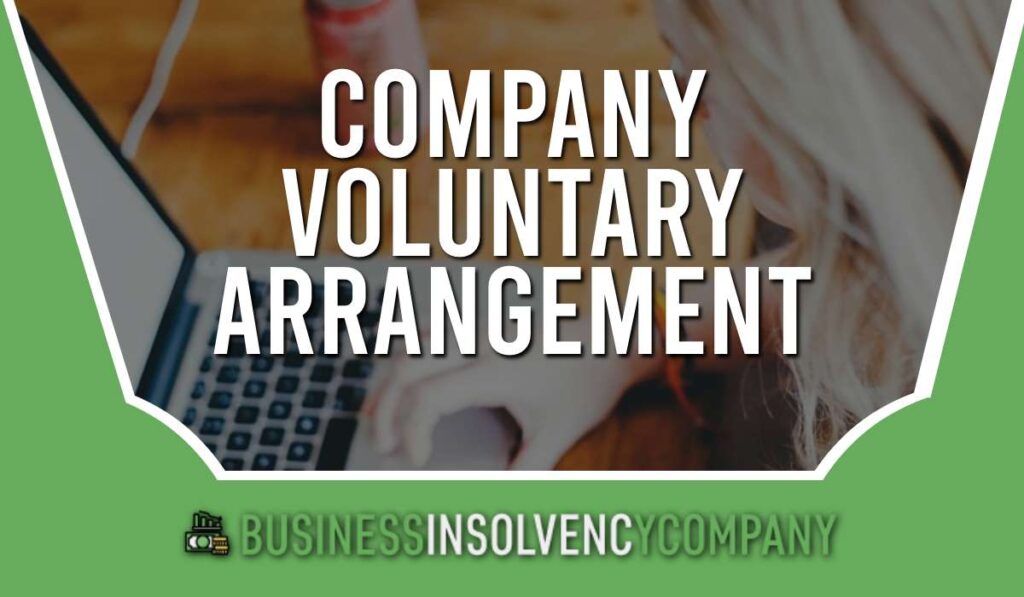

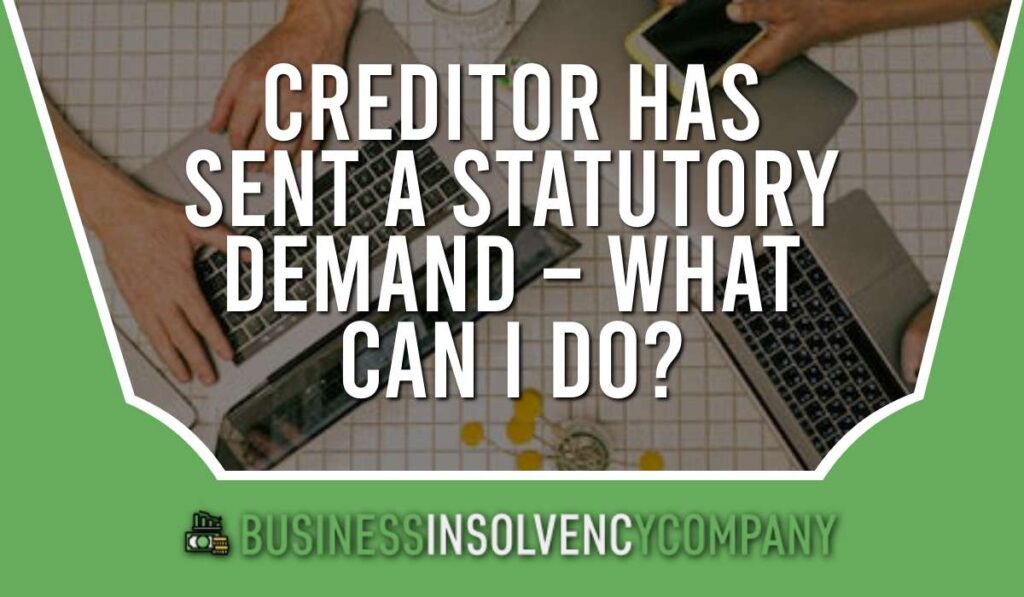
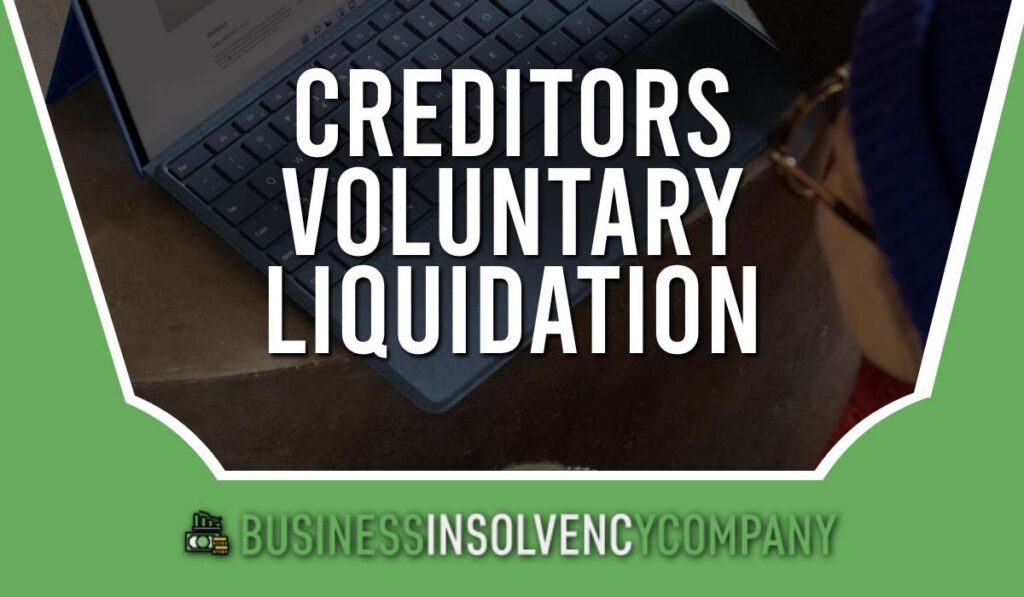
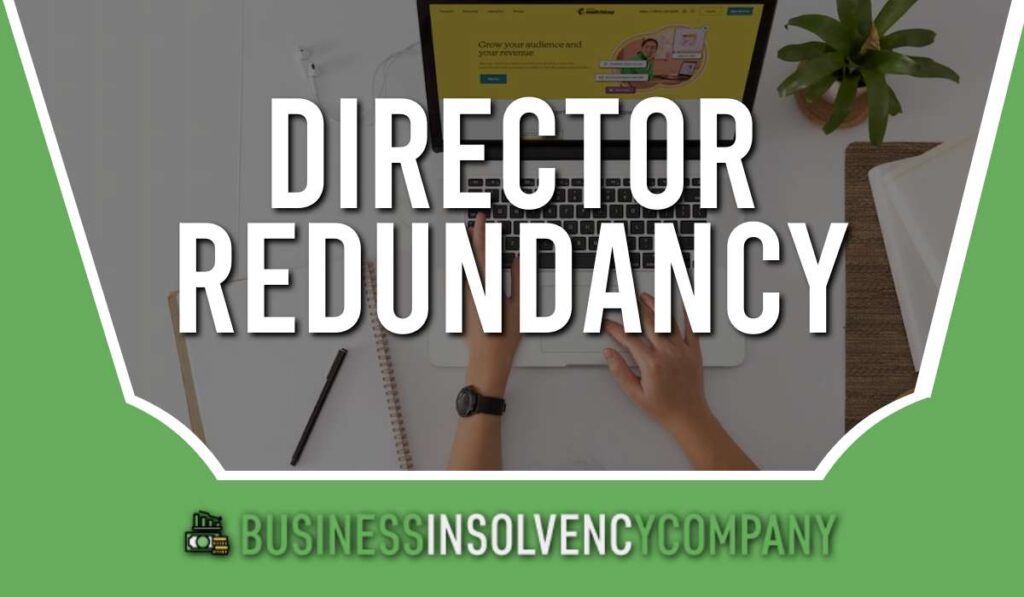
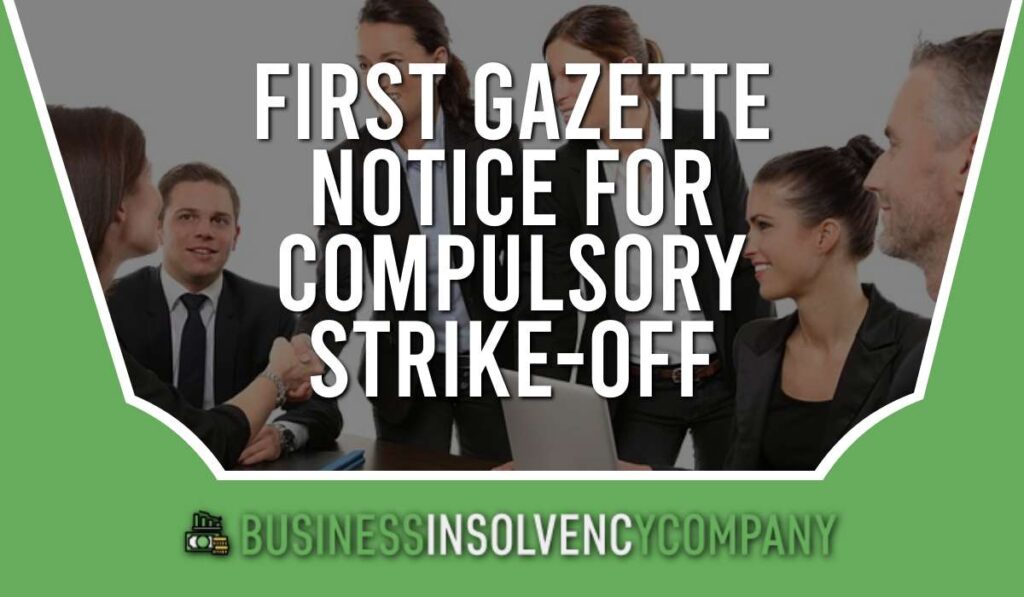
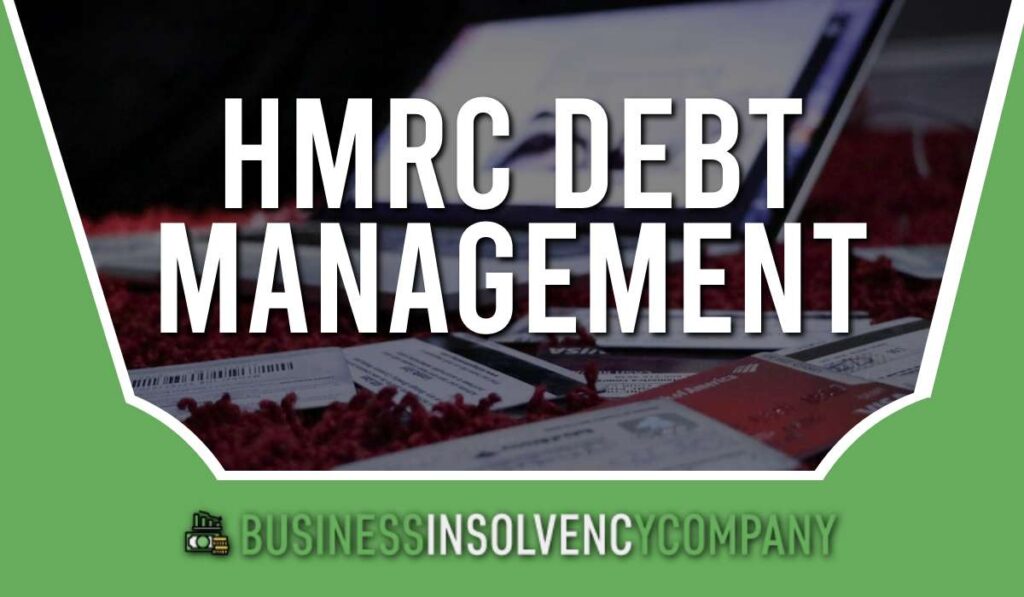

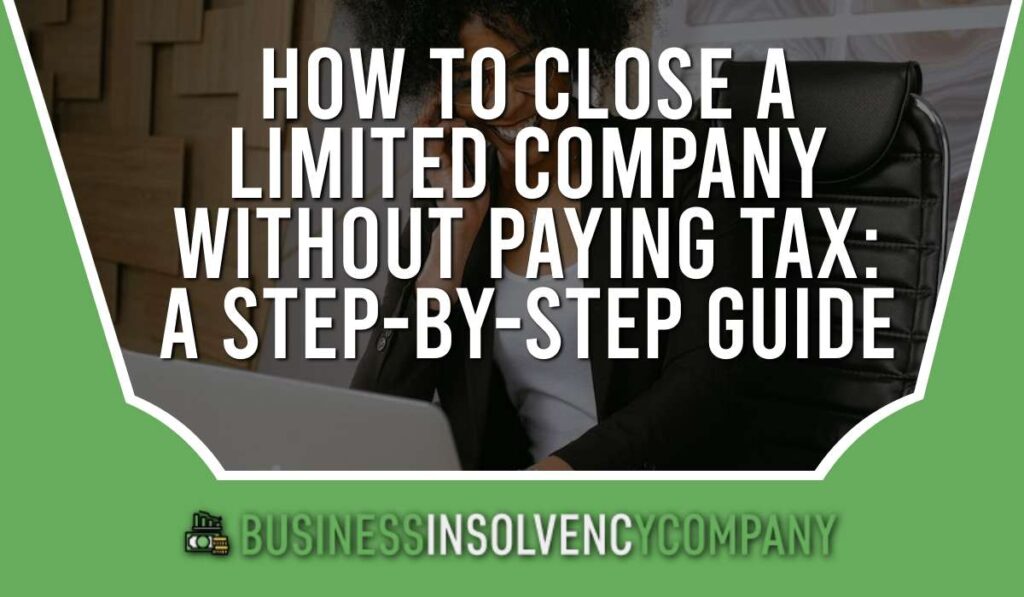
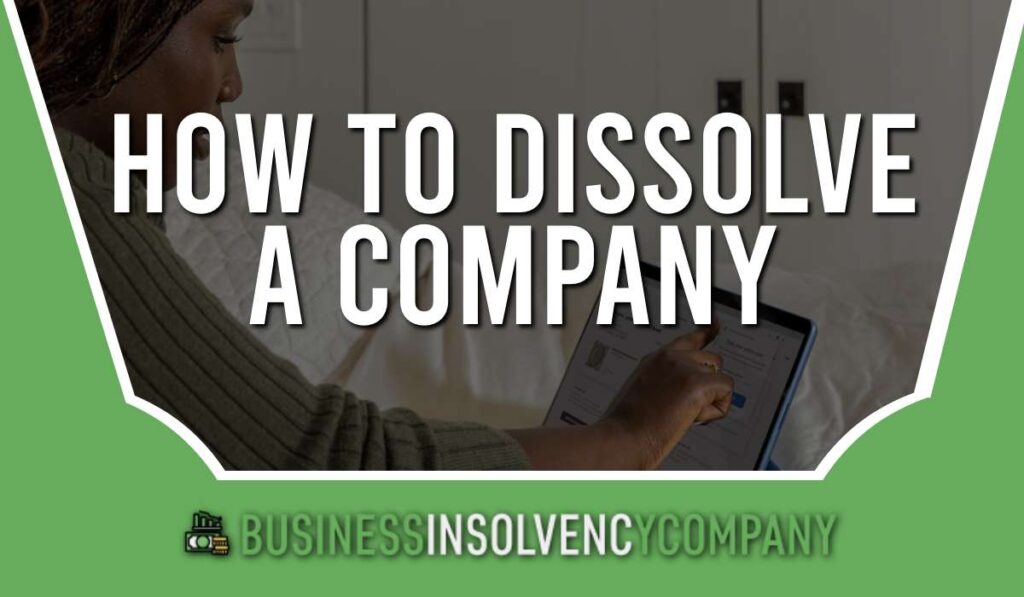









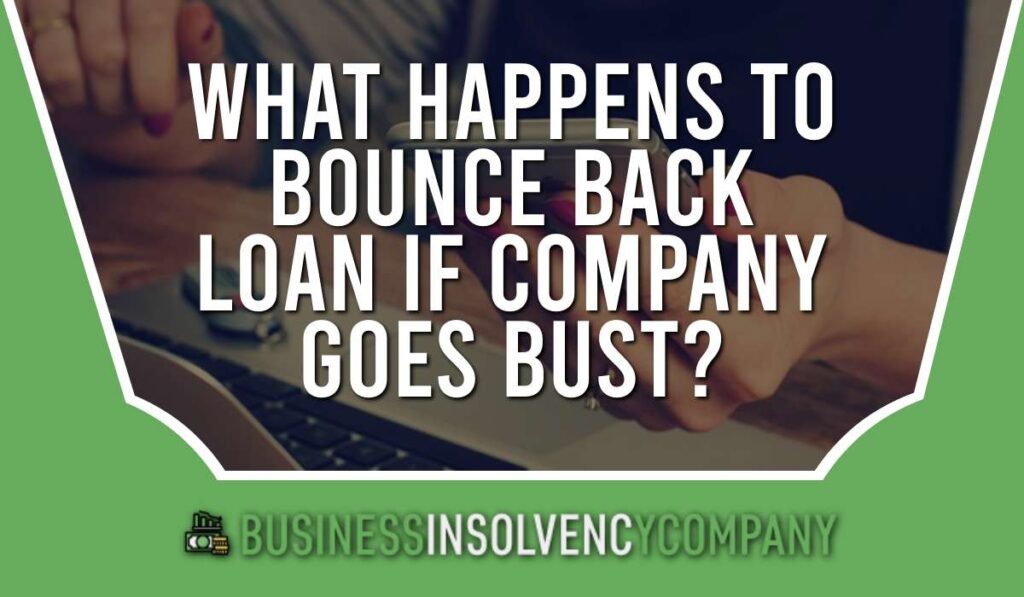
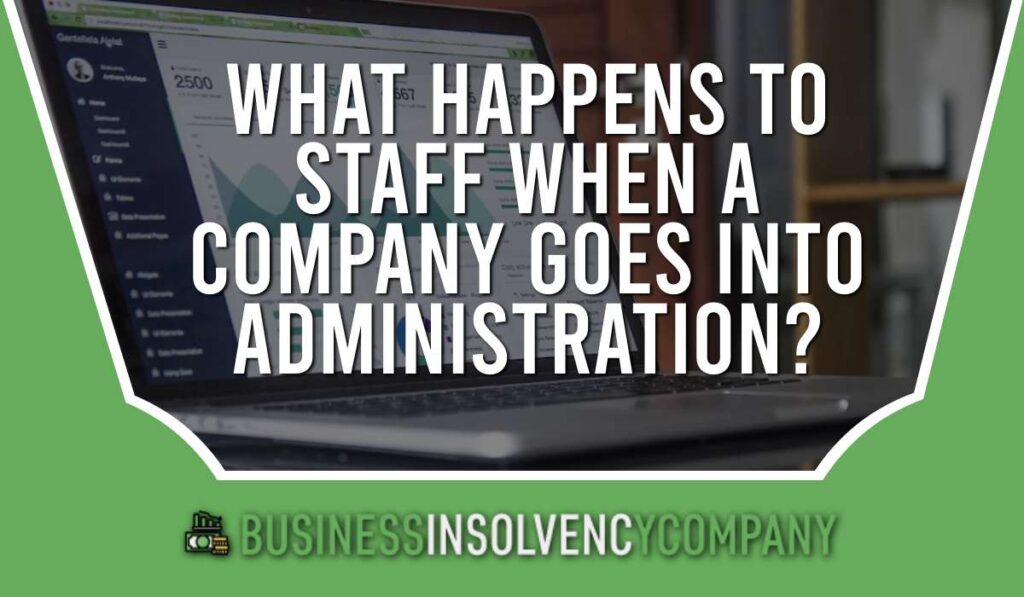

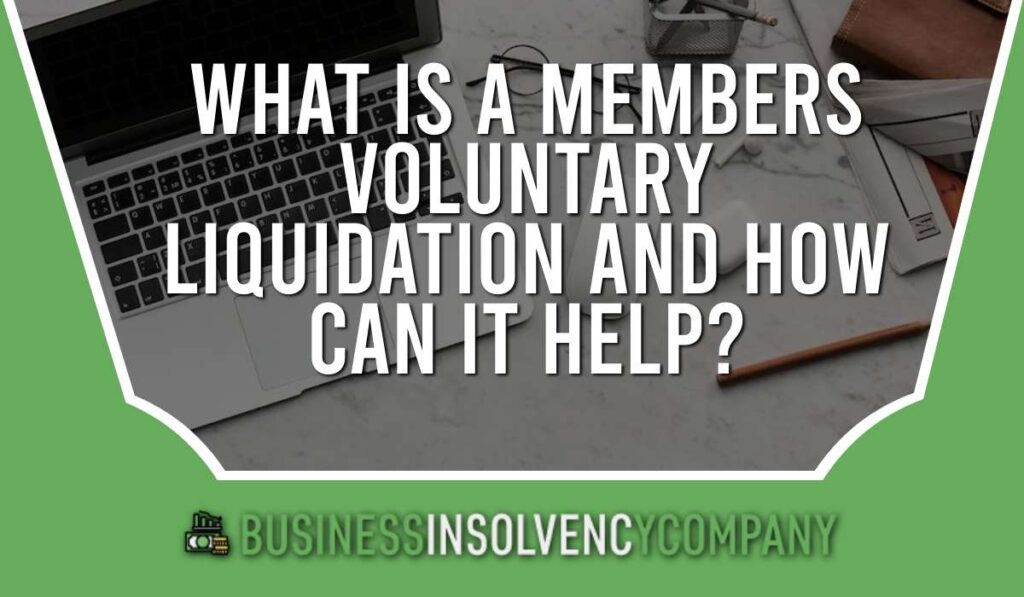

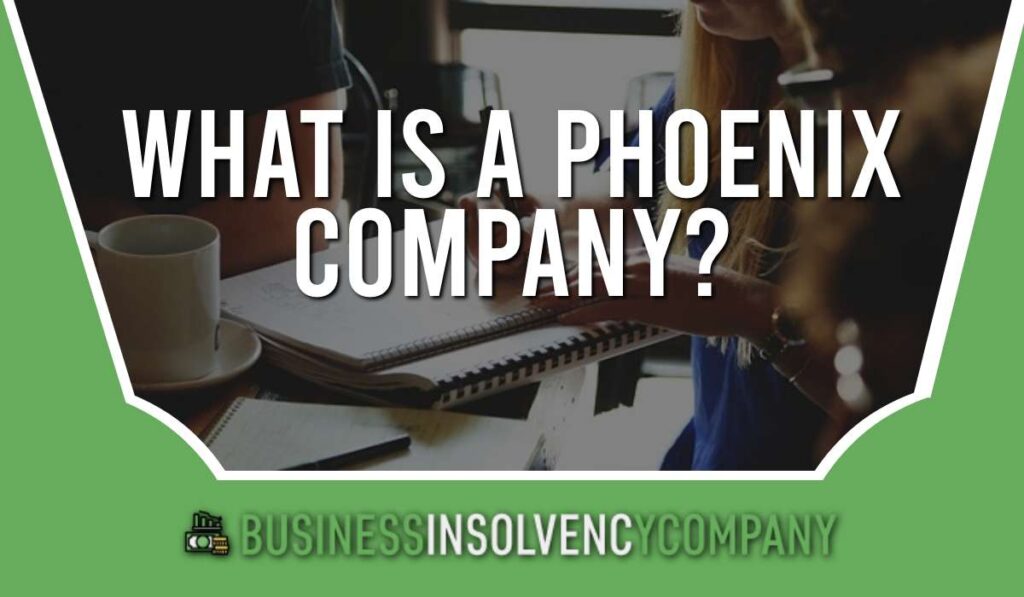

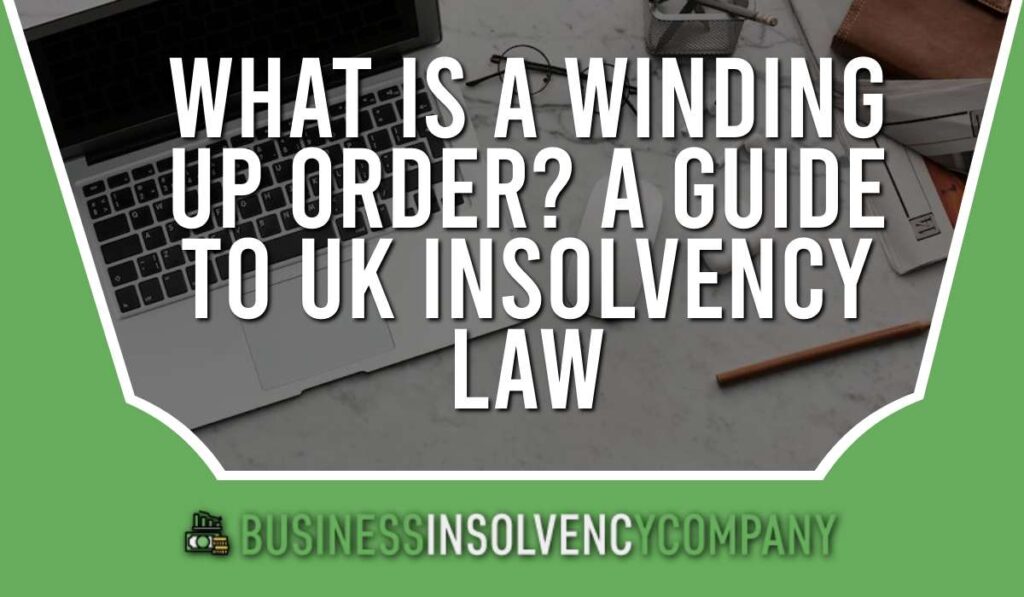




We Aim To Reply To All Enquiries With-in 24-Hours